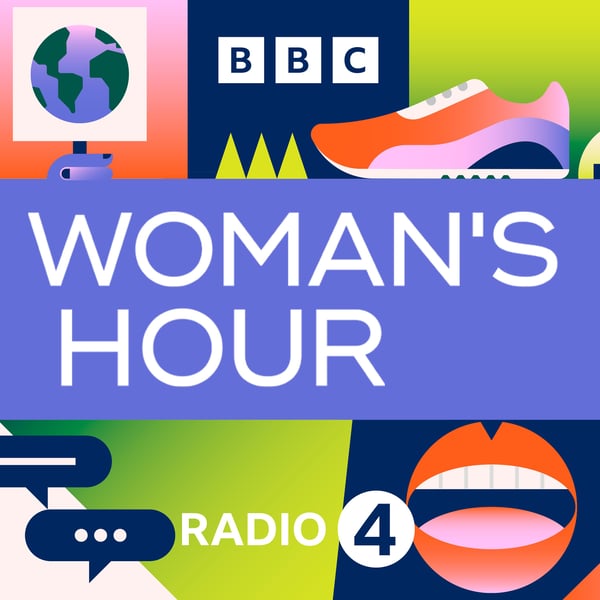The housing crisis and women with Vicky Spratt, Rising Covid rates, Christian Peake on Maeve Gilmore
Woman's Hour
BBC
4.2 • 2.9K Ratings
🗓️ 15 June 2022
⏱️ 58 minutes
🧾️ Download transcript
Summary
Transcript
Click on a timestamp to play from that location
| 0:00.0 | BBC Sounds Music Radio Podcasts |
| 0:04.4 | Hello, I'm Emma Barnett and welcome to Woman's Hour from BBC Radio 4. |
| 0:09.4 | Good morning and welcome to the programme. If you were able to listen to Monday's episode, |
| 0:15.1 | I did ask how Covid was impacting your life, if at all, and I promised to return to your messages, |
| 0:20.8 | which came in in their droves. Well, today is the day and you will hear why. Next, |
| 0:25.8 | also on today's programme, as the Housing Secretary prepares to announce the raft of new proposals regarding |
| 0:31.4 | renters rights, I'm joined by the Housing Journalist Vicki Spratt, who makes the case in her new book |
| 0:36.8 | that Britain's housing emergency is disproportionately affecting women. And I'll be joined by one of you, |
| 0:43.2 | a listener who wrote into us about her grandmother's remarkable skill and what she's planning on |
| 0:49.3 | doing about it. But also today, we should be trying to understand the latest trend, the naked |
| 0:55.8 | dress, more to be revealed soon, quite literally. And talking about whether it makes the person wearing |
| 1:01.8 | it, in this case it seems to be largely women feel good, feel sexy, look sexy. And an entirely unrelated |
| 1:09.0 | survey by an entirely unbiased over 50s data excite has also caught our eye, linked to this, |
| 1:14.4 | showing that 53 is apparently the age of peak sexiness. So I wanted to ask you about this. |
| 1:22.0 | First of all, what does sexiness mean to you? How does it feel? When do you feel it? When did you |
| 1:26.1 | last feel it? And what age have you felt it the most? If you've got that, yes, of course. You |
| 1:32.2 | might not be anywhere near 53 on either side of that. Was it 53 actually? If you can remember it, |
| 1:37.2 | maybe you're at that point. Are you feeling sexy? Let me know. I would really like to hear from you |
| 1:43.0 | about how this speaks to you. Of course, we were speaking yesterday only about the menopause. |
| 1:47.8 | And what that's doing to you, particularly with a view to the workplace, but also some of you |
| 1:52.5 | writing in about, of course, how the symptoms have been affecting you. 53, apparently is the age |
| 1:58.5 | that we feel sexiest. Does that chime true? Does that ring true with you? If you're under 20s, |
... |
Please login to see the full transcript.
Disclaimer: The podcast and artwork embedded on this page are from BBC, and are the property of its owner and not affiliated with or endorsed by Tapesearch.
Generated transcripts are the property of BBC and are distributed freely under the Fair Use doctrine. Transcripts generated by Tapesearch are not guaranteed to be accurate.
Copyright © Tapesearch 2025.

